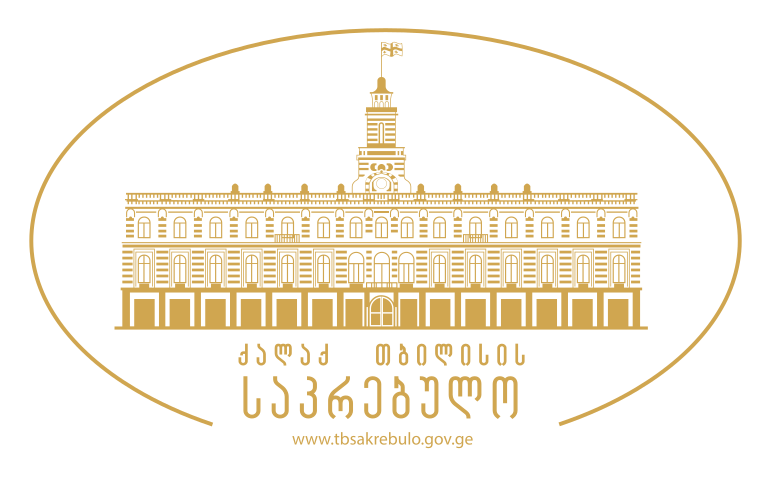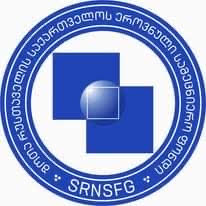052- Cross-cultural matches: Beyond Medievality
Cross Cultural Matches and Divergence: Beyond Medievality
Proposed by Azerbaijan Comparative Literature Association and Literary journal Enthymeme
Organised by Prof. Rahilya Geybullayeva and Prof. Stefania Sini
This interdisciplinary session proposal Cross Cultural Matches and Divergence: Beyond Medievality is based on the Nizami and Dante conference which was held on 7-8-9 October 2021, and organized by Azerbaijan Comparative Literature Association and Nizami Ganjavi International Centre in collaboration with Association of Italianists Dante Group, Pen Club Italia on the the eve of the 880th anniversary of Nizami Ganjavi and 700th anniversary of Dante Alighieri. aimed to make cross-cultural comparisons of two great medieval figures from Muslim East and Christian West - Nizami (1141-1209) and Dante (1265-1321) to bring one more bridge of understanding between various religions. Dante is considered an author with an encyclopaedic range - political, moral and theological. Nizami was known as a hakim (a sage or judge).
This session expands borders and number of medieval authors and will look on parallels and divergence between two civilisations through modern interpretation of cultural heritage of the past. Papers will explore the role of didactic genre, literary language status. Special focus of the workshop will be semiotics of love: between profane and sacred, love sickness in medieval poetry and literature as a source for medical history; comparison of love in religious texts and in poetry: when love turns into a symbol, and when it represents human feeling; human psychology and spirit through love concept; love as an enlightenment.
This session is closed and will consist of 8 papers of 15 minutes each.
Keywords: love concept, profane and sacred love, divine symbol, medieval vision, didactic genre
The Project was supported by Shota Rustaveli National Science Foundation of Georgia (SRNSFG) [grant number MG-ISE-22-170]


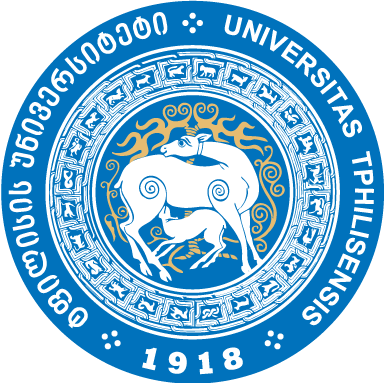

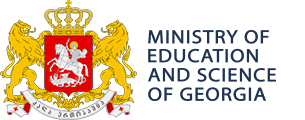
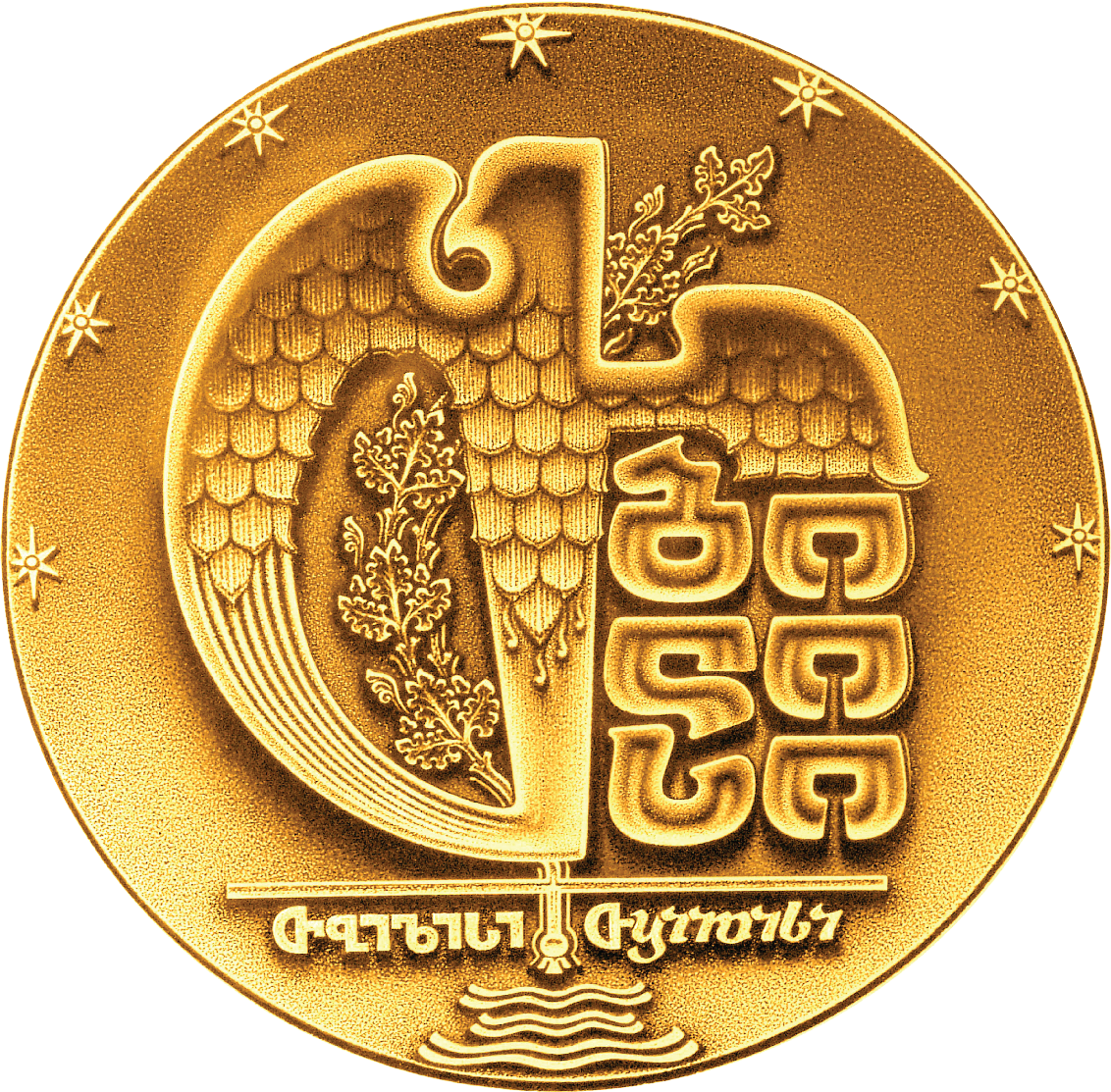

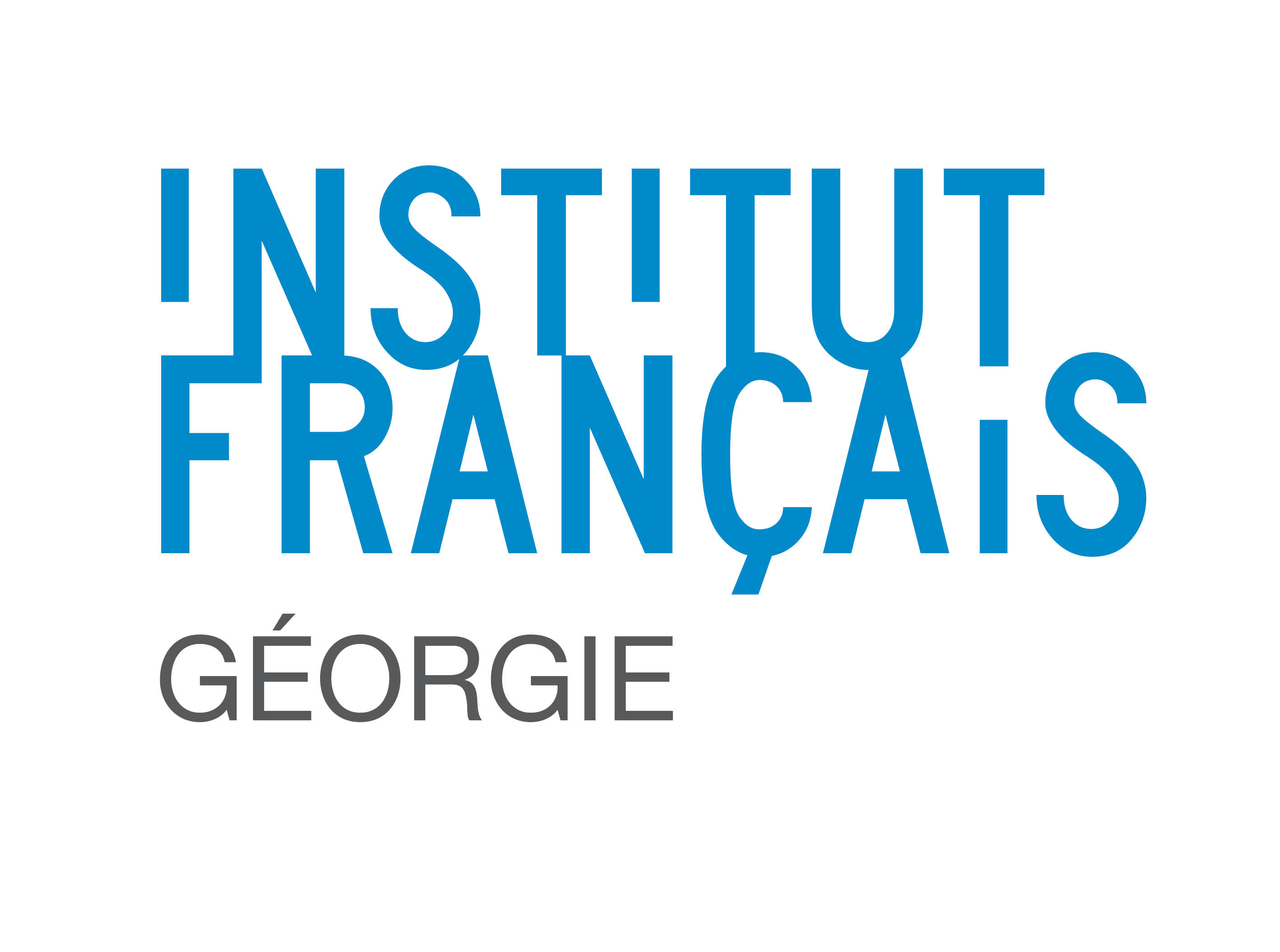


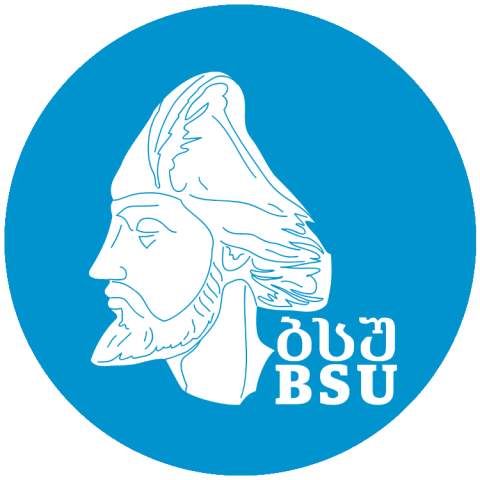

_001.png)

